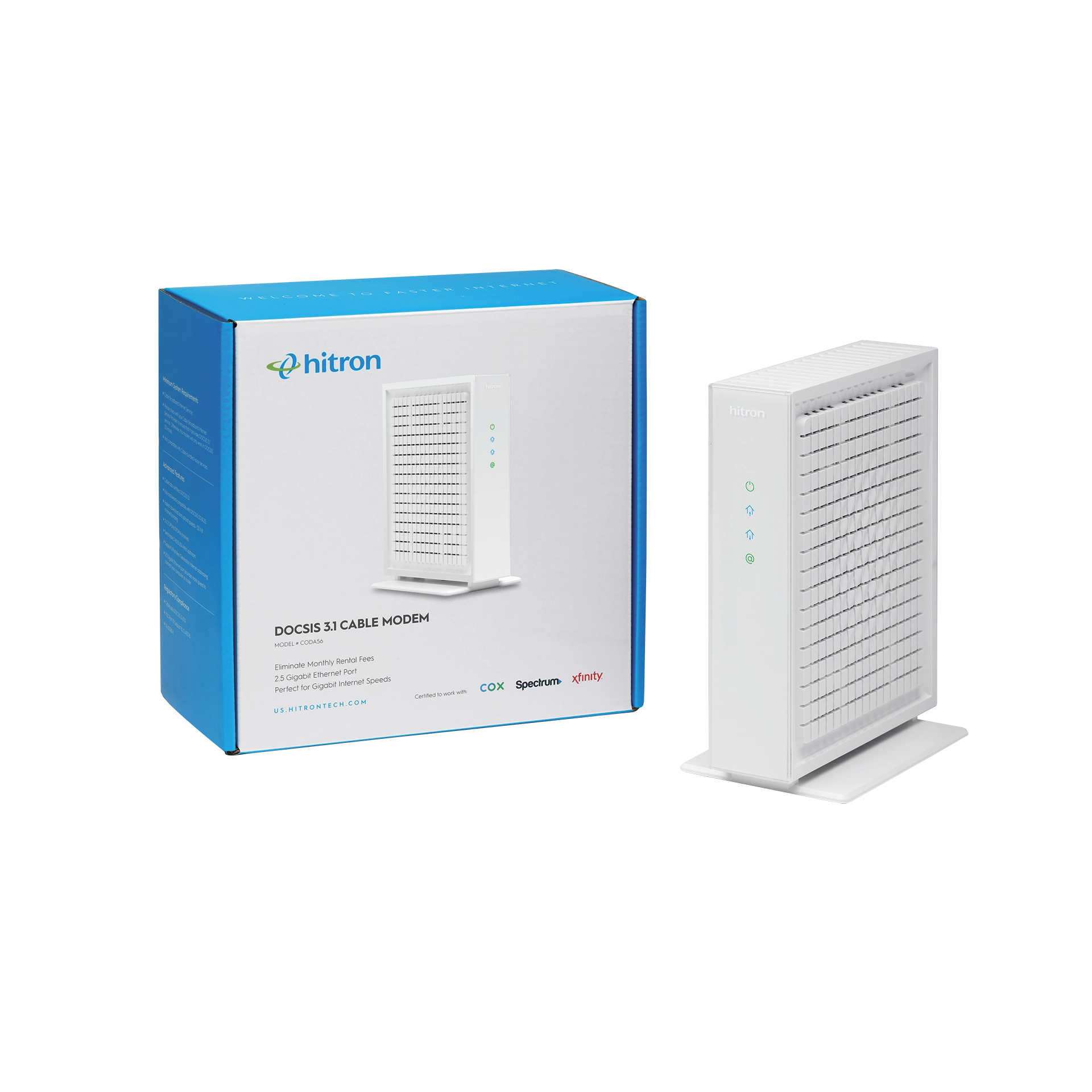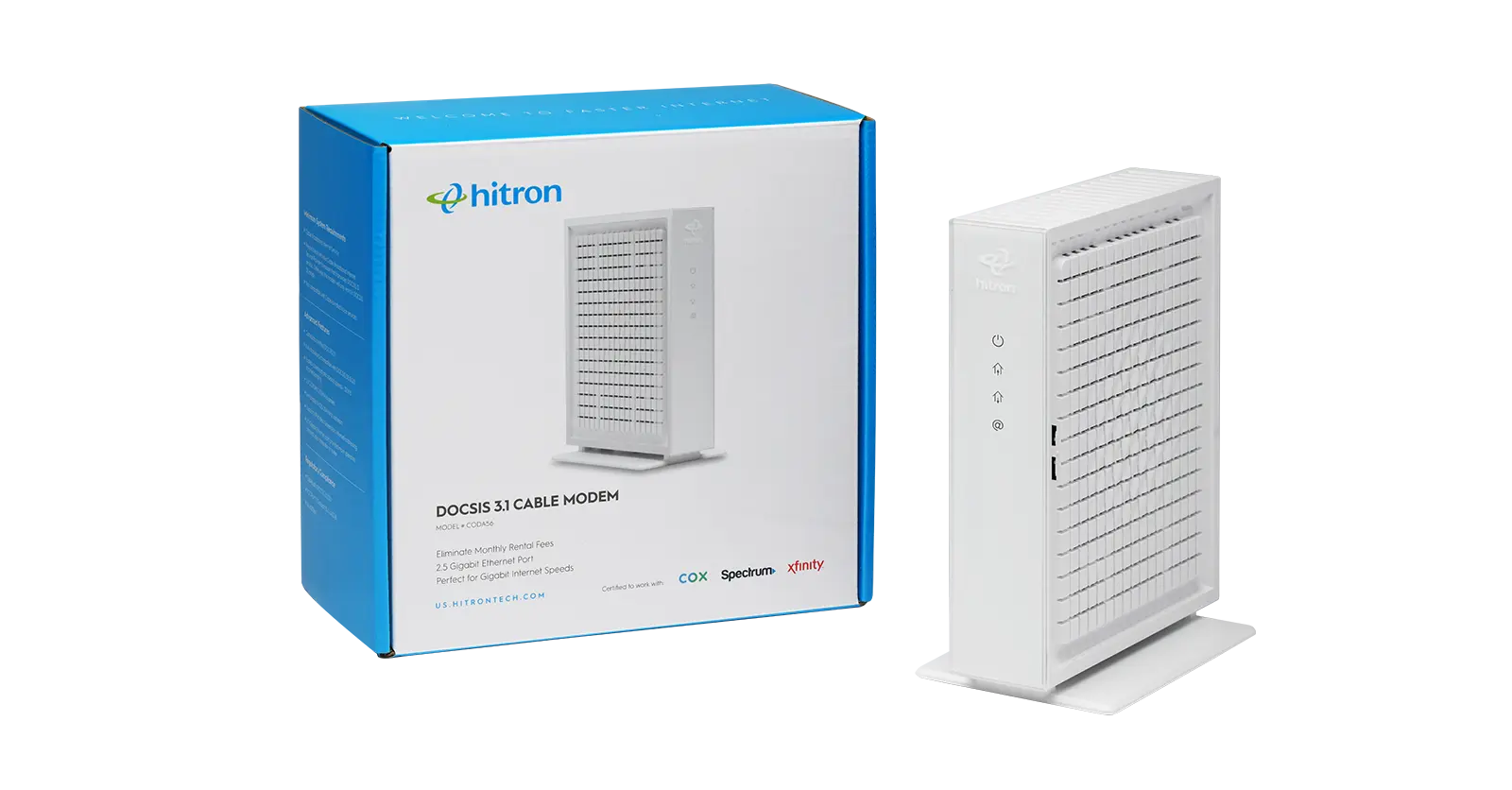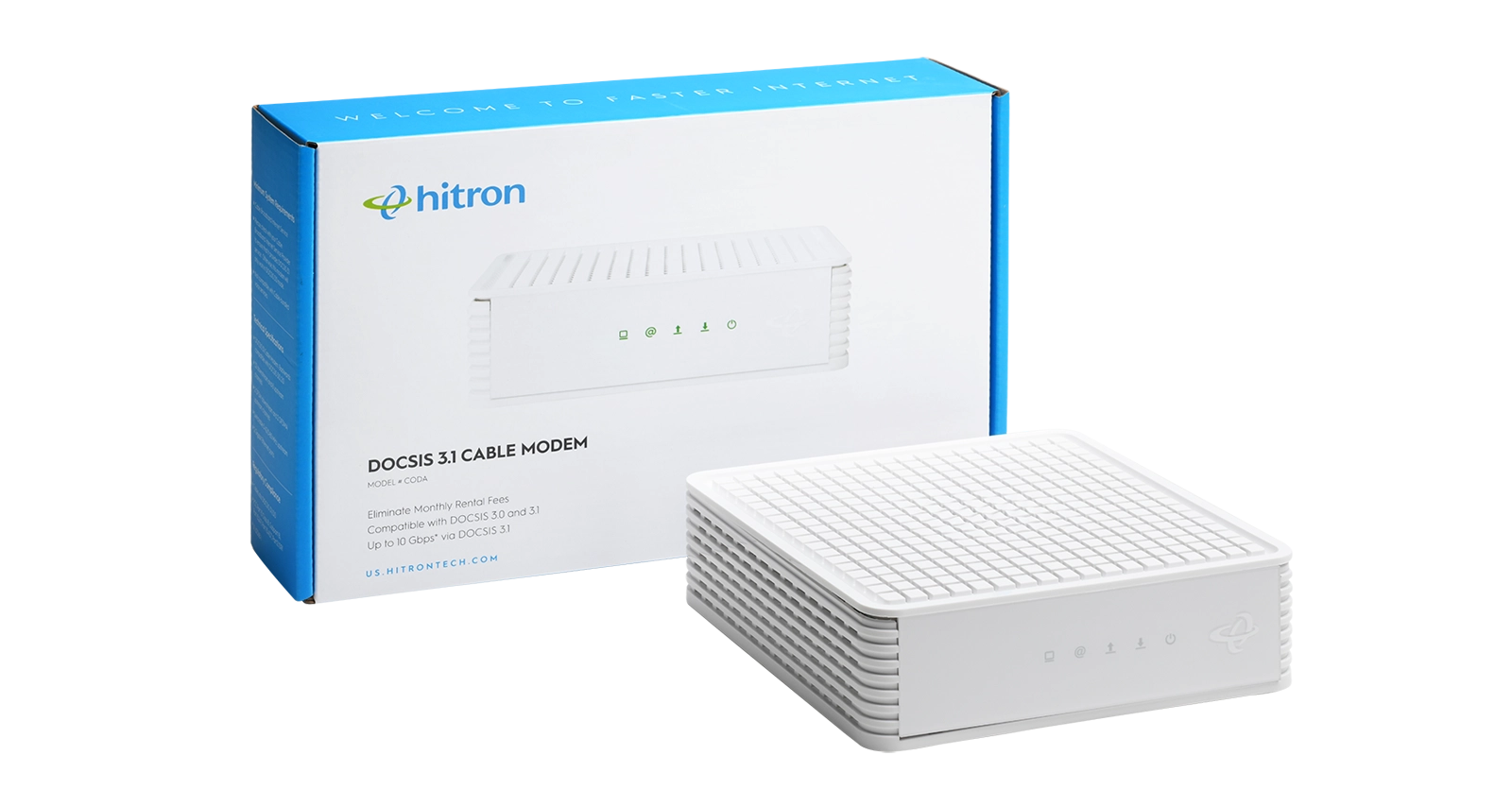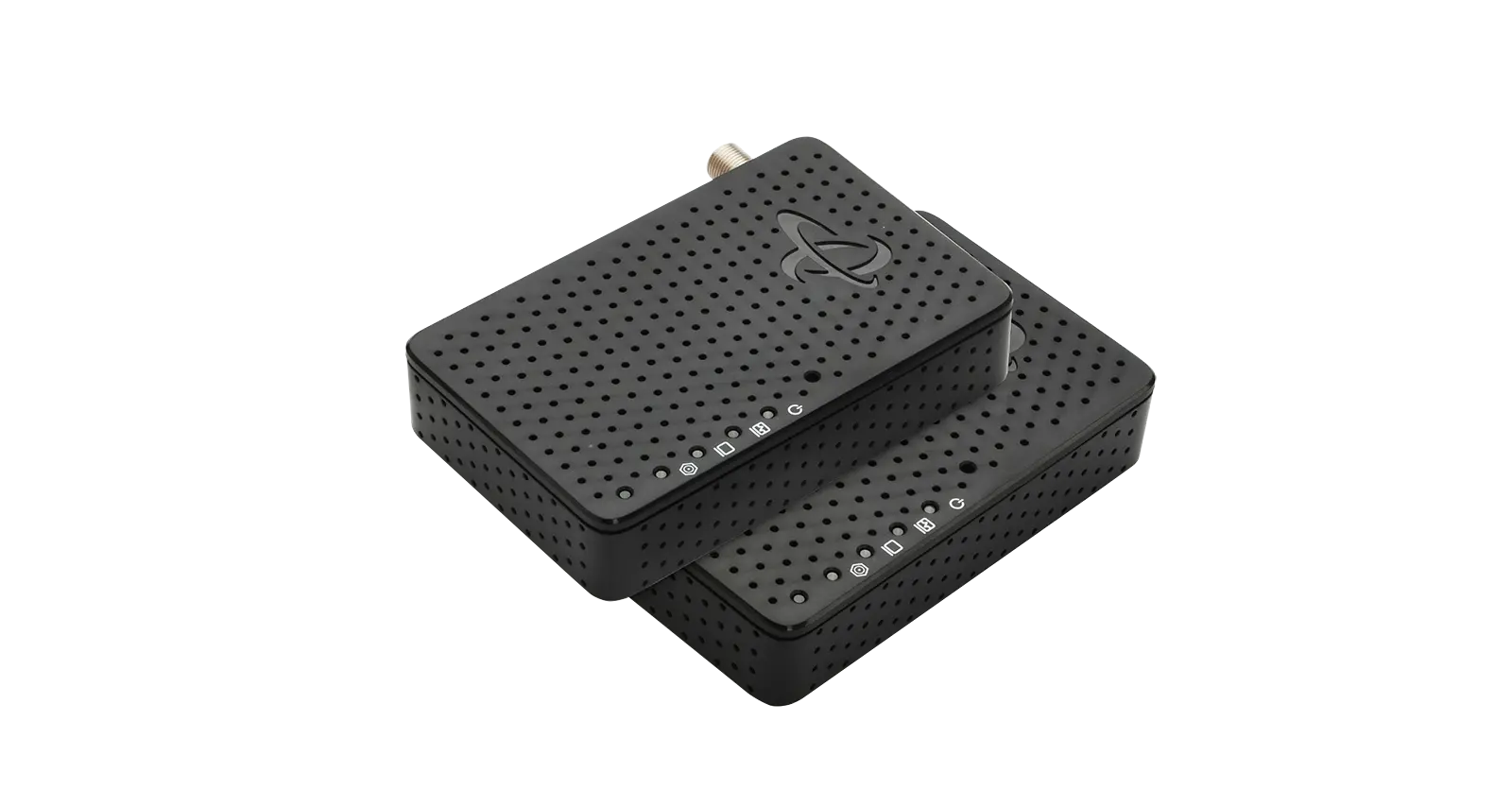Defining Fixed Wireless
Fixed wireless internet involves the transmission of internet signals from a fixed location to a specific point, typically using radio waves or other wireless technology. It is commonly deployed in areas where traditional wired internet infrastructure (e.g., fiber optic cables) is impractical or unavailable. Fixed wireless setups require a stationary antenna or receiver installed at the customer’s location, which communicates with a nearby base station operated by the service provider.
Exploring 5G Technology
5G, on the other hand, represents the fifth generation of cellular network technology, designed to deliver significantly faster speeds, lower latency, and greater capacity compared to previous generations (3G and 4G LTE). Unlike fixed wireless, which is typically limited to specific geographic areas, 5G networks are designed to provide broad coverage across urban, suburban, and rural regions. 5G utilizes a combination of advanced radio technologies, including mmWave and sub-6 GHz frequencies, to achieve its high-performance capabilities.
Key Differences Between Fixed Wireless and 5G
- Technology and Infrastructure:
- Fixed Wireless: Relies on dedicated point-to-point or point-to-multipoint wireless links between a fixed location and a base station. It operates on licensed or unlicensed spectrum bands and is commonly used for residential broadband access in rural or underserved areas.
- 5G: Operates on cellular networks utilizing advanced radio technologies to provide mobile and fixed wireless broadband services. 5G networks are designed for high-speed mobile internet access and support a wide range of devices, from smartphones to IoT devices and 5G routers like the Hitron D60 5G Router.
- Speed and Performance:
- Fixed Wireless: Offers varying speeds depending on the spectrum used and the distance from the base station. Speeds can range from a few Mbps to several hundred Mbps, suitable for basic internet browsing, streaming, and small-scale business applications.
- 5G: Provides significantly faster speeds, potentially reaching up to multiple Gbps under optimal conditions. This makes 5G ideal for bandwidth-intensive applications such as 4K video streaming, online gaming, virtual reality, and enterprise-level connectivity.
- Deployment and Coverage:
- Fixed Wireless: Typically deployed in specific geographic areas where running fiber optic cables or other wired infrastructure is cost-prohibitive. Coverage is limited to the service area of the fixed wireless provider.
- 5G: Designed for broad deployment across urban, suburban, and rural areas. 5G networks offer extensive coverage and support seamless mobility, allowing users to maintain connectivity while moving between locations within the network coverage area.
The Role of the Hitron D60 5G Router
As a 5G router, Hitron’s D60 combines the capabilities of 5G technology with advanced features such as dual-band WiFi 6, Gigabit Ethernet ports, and cellular fail-over. It provides users with high-speed internet access, robust connectivity options, and flexibility in deployment scenarios. Whether used in residential settings, small businesses, or as a backup solution for critical applications, the D60 leverages 5G’s capabilities to deliver reliable and high-performance internet connectivity.
While both fixed wireless and 5G technologies provide wireless internet access, they serve different purposes and operate on distinct technological foundations. Fixed wireless is suited for localized broadband access, especially in rural or underserved areas, whereas 5G offers broader coverage, higher speeds, and enhanced capabilities for mobile and fixed wireless applications. Understanding these differences empowers consumers to choose the internet solution that best meets their specific needs and expectations. Purchase your D60 today on Amazon and experience the future of high-speed, flexible and reliable connectivity.



